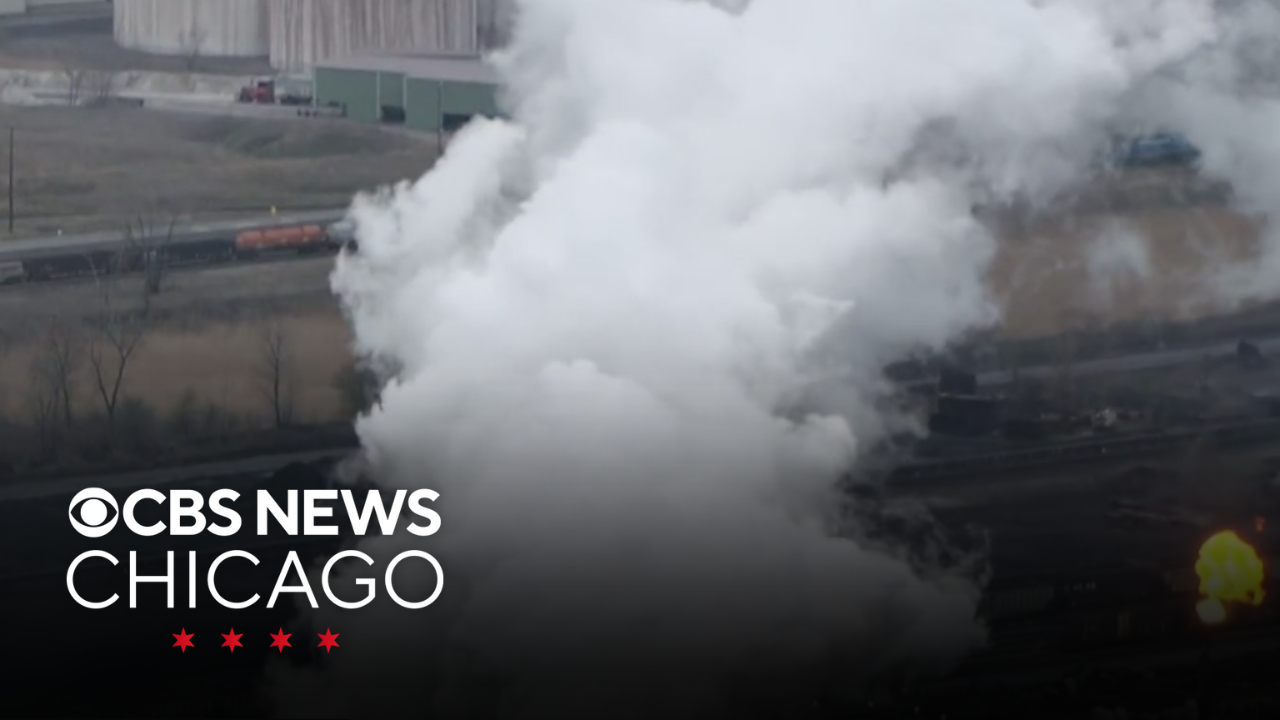New report finds community-based strategies can significantly lower emissions

Chicago is the stage for another major climate conference this week, hosting The Aspen Institute's Climate Conference for the first time.
"This is about bringing people together from across sectors," said Greg Gershuny, who leads the energy and environment program at The Aspen Institute. "We could've done this for 80 straight days, and never run out of things to talk about."
Gershuny said the conversations happening at the conference this week could ultimately make some real changes — not only in the Chicago area, but across the country.
The conference began as a brand-new report, released Monday, reveals how communities can come together to reduce emissions contributing to climate change. For the first time, the report details how getting involved can make an impact — and how community-based strategies can significantly reduce emissions.
The new report, "Changing the Game: Community-based strategies and climate mitigation," was prepared by the Redstone Strategy Group for the MacArthur Foundation, the Marin Community Foundation, and the Equation Campaign.
Jorgen Thomsen, director of climate solutions for the MacArthur Foundation, was one of the experts behind the group. He said through the report and an analysis of projects across the country, they have found what they call community-based strategies — such as state and local legislation, renewable energy development, and decarbonization projects can lower emissions known to contribute to climate change.
Considering federal rollbacks in both regulations and funding — which are poised to impact the air we breathe — the experts said philanthropy can make a real difference.
Thery found for every single dollar spent on mitigation efforts, a metric ton of carbon dioxide can be reduced from the earth's atmosphere by 2030.
That metric ton of carbon dioxide is the same weight as about 400 bricks.
"You can actually have very significant return on investment by investing in communities and engaging communities," said Thomsen.
The work documented in the report takes a close look at projects in states such as California, Ohio and New York. CBS News Chicago asked about Gary, Indiana, where a CBS News Chicago investigation recently exposed significant levels of industrial pollution and a consequent health impact on residents — bringing in medical researchers studying the connection to cancer.
"That's the kind of dynamic we've been looking at in these other projects," said Thomsen, adding that Gary will be on the researchers' radar moving forward.
Tara Molina is a general assignment reporter for CBS2 Chicago.








 English (US) ·
English (US) ·